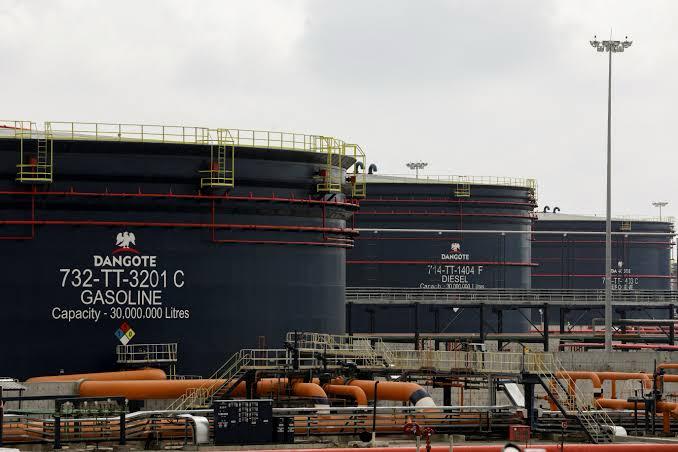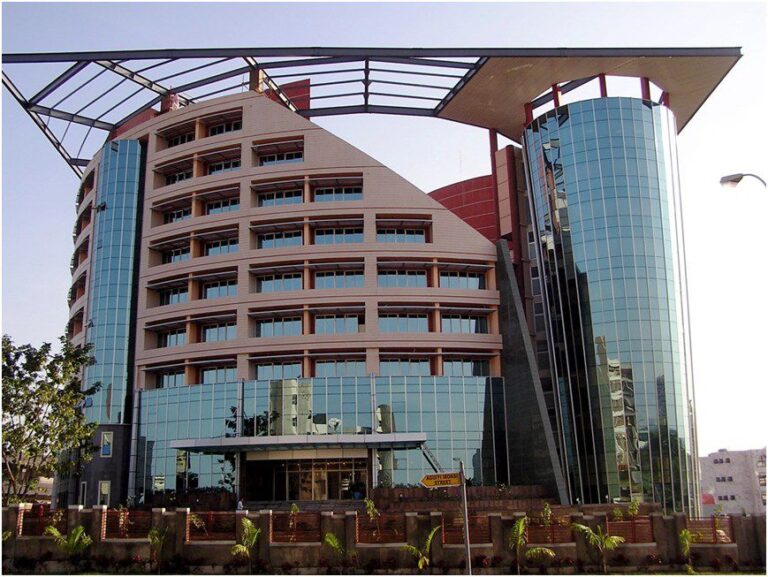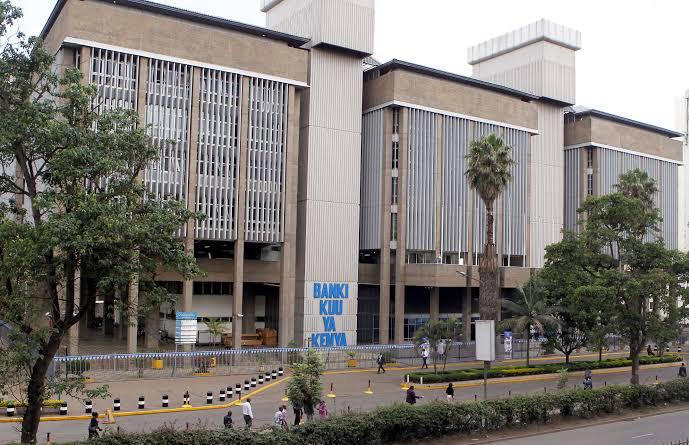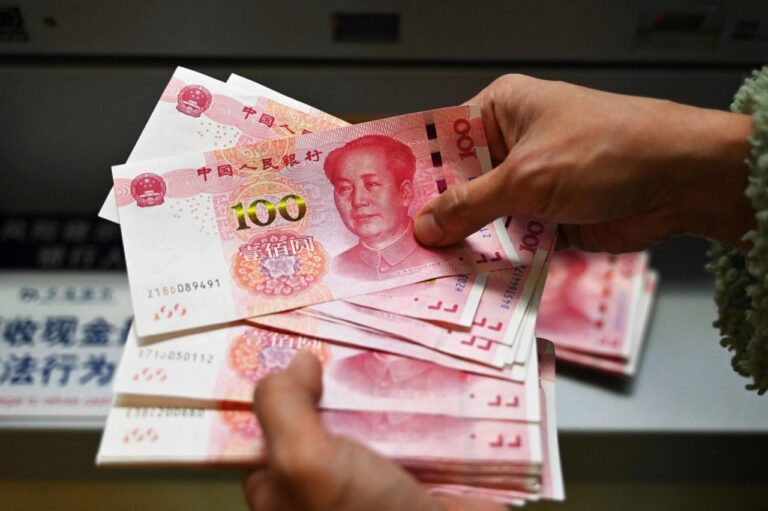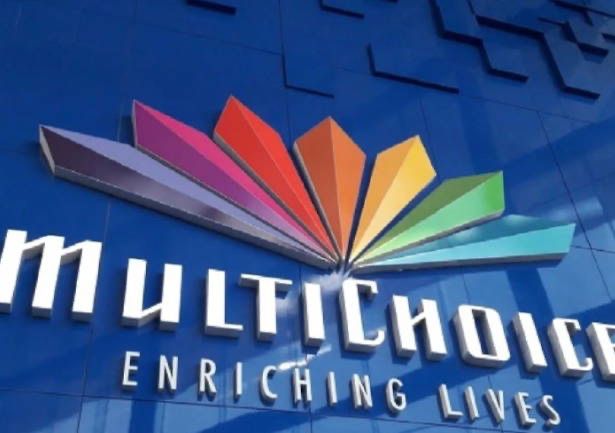The Dangote Petroleum Refinery has denied allegations that it imported high-sulphur, off-specification finished Premium Motor Spirit (PMS) into Nigeria, clarifying that the cargo in question was an intermediate feedstock meant for further processing. It’s said on Friday.
According to a statement, The 650,000 barrel processing refinery, dismissed reports circulating in the media and industry circles as “false, malicious, and misleading,” asserting that the product, far from being finished petrol, is a standard raw material utilized in complex refining processes globally.
The denial follows specific claims suggesting a vessel carrying PMS with sulphur content reportedly far exceeding Nigeria’s regulatory limit of 50 parts per million (ppm) was destined for the refinery complex.
triggering concerns among environmental and public health advocates.
However, the Dangote management stressed that as a world-scale complex refinery, it processes a wide range of crude oils and intermediate feedstocks—a practice common in the industry aimed at optimizing production and enhancing product quality.
“The cargo in question is an intermediate feedstock, not finished petrol, and will be fully refined in our units to meet Nigerian and international quality standards,” the statement affirmed.

The refinery emphasized its commitment to quality control, citing its ability to export high-quality petroleum products to highly regulated global markets. “Our exports of petroleum products to the United States and Europe, among the world’s most regulated markets, underscore our adherence to global benchmarks.”
For months, the Dangote Group has been engaged in public exchanges with the Nigerian Midstream and Downstream Petroleum Regulatory Authority (NMDPRA) and various petroleum marketers over the standard of both imported and domestically refined fuels.
Farouk Ahmed, the CEO of NMDPRA, publicly claimed that locally produced diesel (Automotive Gas Oil, AGO), including Dangote’s, was “inferior” to imported products due to high sulphur content, allegedly ranging from 650 to 1,200 parts per million (ppm).
In September 2024, Dangote Refinery filed a massive N100 billion lawsuit against the NMDPRA arguing that it was violating the Petroleum Industry Act (PIA), which states that import licenses for products like diesel and jet fuel should only be issued when there is a proven shortfall in domestic supply. Dangote claims its production capacity can meet local demand for these products, thus making continued imports illegal and detrimental to local refining.
However, federal regulators express concern that Dangote’s push to block imports could lead to a monopoly and anti-competitive practices within the petroleum sector. The case was withdrawn from the court in July 2025.




